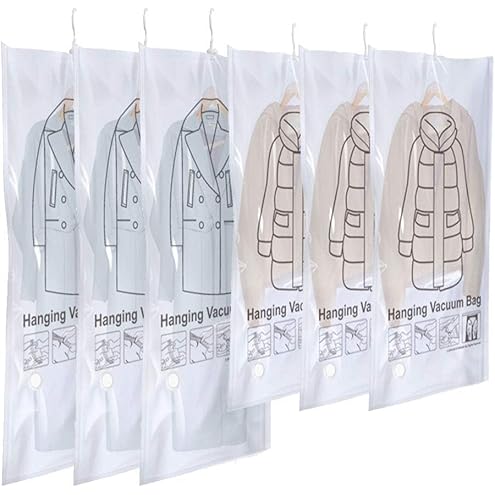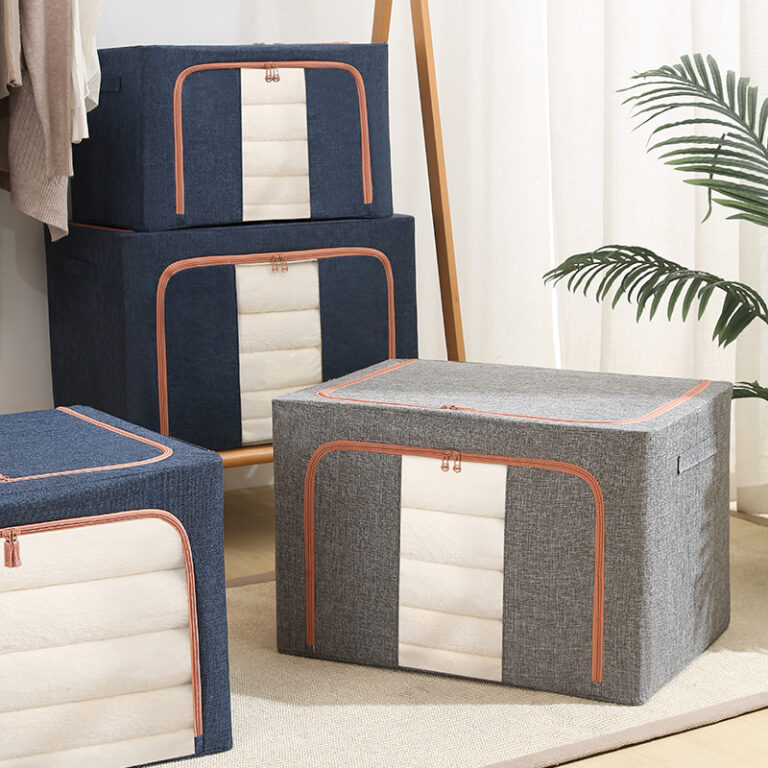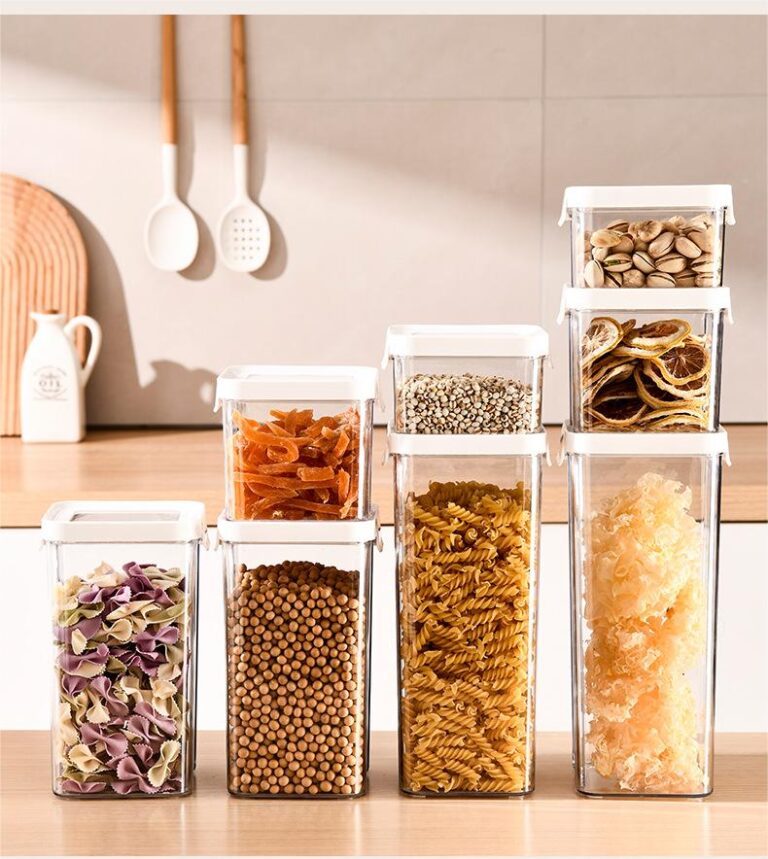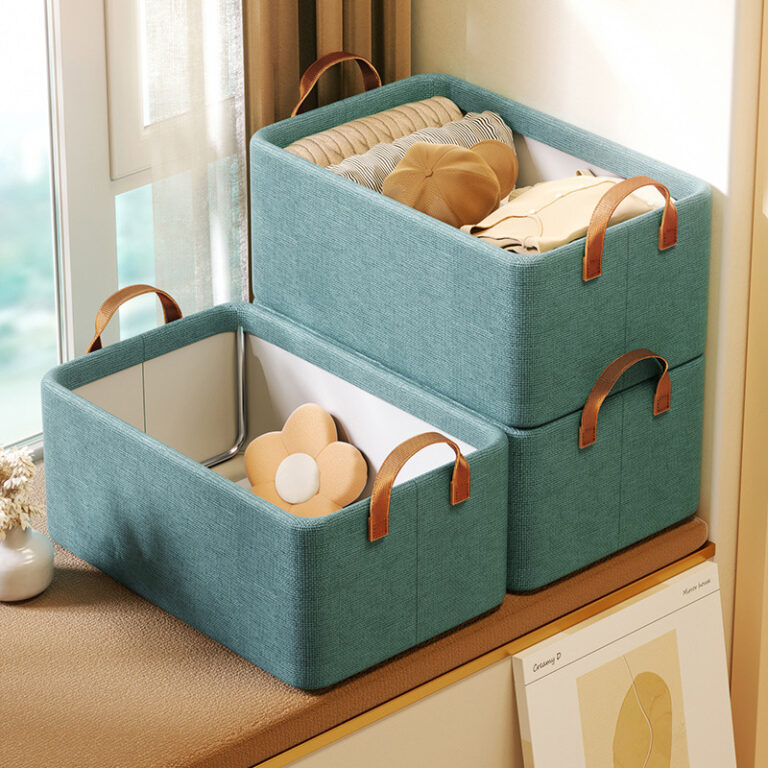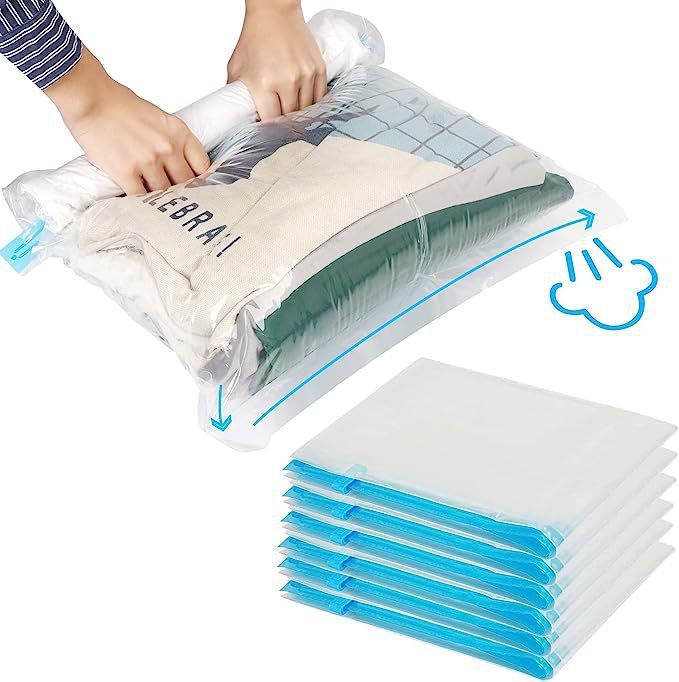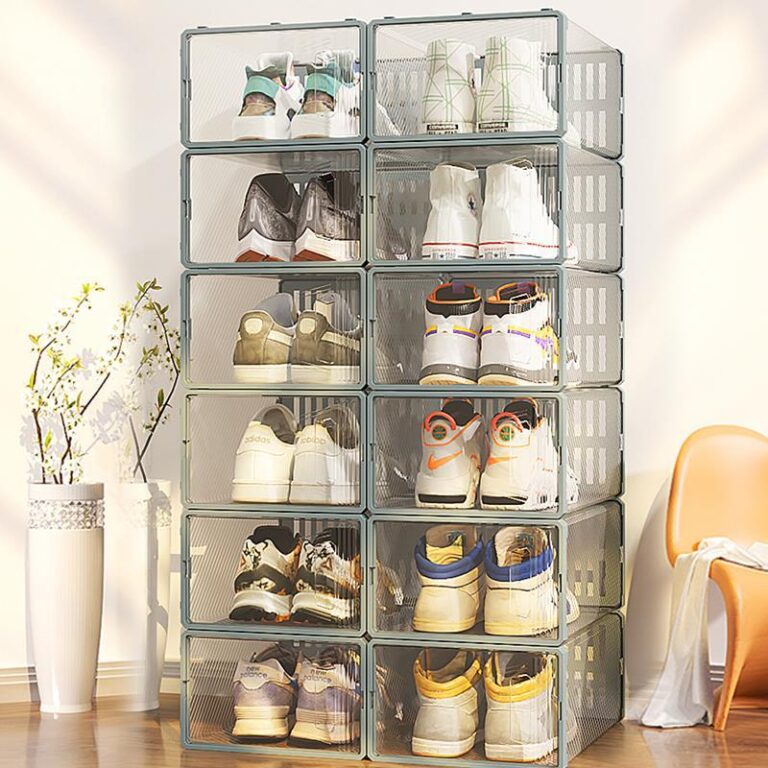Plastic food boxes have revolutionized how we store and manage our food. These containers offer unparalleled convenience and versatility, making them indispensable in both homes and commercial kitchens. In this article, we delve into the multifaceted benefits of plastic food boxes, provide guidance on choosing the right ones, and share essential storage tips to maximize their utility.
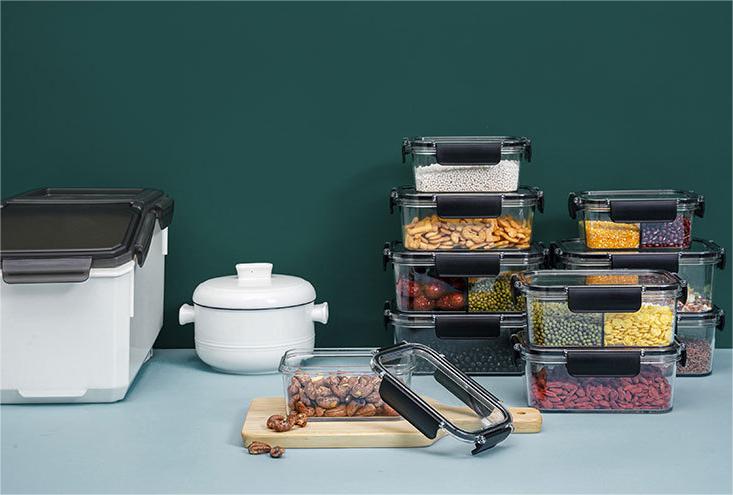
The Multifaceted Benefits of Plastic Food Boxes
Plastic food boxes provide numerous advantages that make them an essential part of modern food storage solutions. They are:
- Lightweight and Durable: Unlike glass containers, plastic food boxes are lightweight, making them easy to handle and transport. Despite their lightness, they are remarkably durable and resistant to breakage.
- Moisture and Odor Resistant: These boxes effectively keep moisture and odors out, ensuring that the food inside remains fresh for longer periods.
- Airtight Seals: Many plastic food boxes come with airtight seals that prevent contamination and preserve the food’s original taste and texture.
- Transparency: The clear design of many plastic food boxes allows you to quickly identify the contents without having to open each container, saving time and effort.
How to Choose the Right Plastic Food Box
Selecting the right plastic food box is crucial for ensuring the proper storage of different types of food. Here are some tips to help you make the best choice:
- Food Type: Consider the type of food you intend to store. For example, use boxes with compartments or dividers for separating fruits, vegetables, and proteins.
- Leak-Proof Options: For liquids or soups, opt for leak-proof containers with secure lids to prevent spills and messes.
- Material Safety: Ensure the plastic used in the box is food-safe and free from harmful chemicals like BPA. Look for containers that are labeled as BPA-free and food-grade.
Storage Tips for Maximizing Benefits
Proper storage practices can significantly enhance the utility of plastic food boxes. Here are some key tips:
- Labeling: Always label each box with the date of storage to keep track of freshness and avoid consuming expired food.
- Temperature Management: Store perishable items in the refrigerator at the appropriate temperature to extend their shelf life.
- Microwave Safety: If you plan to reheat food in the box, ensure that the container is microwave-safe. Otherwise, transfer the food to a microwave-safe dish before heating.
Reducing Food Waste with Plastic Food Boxes
Plastic food boxes play a significant role in reducing food waste by extending the shelf life of leftovers and perishable items. Properly storing and preserving food in these containers can help households and businesses minimize food wastage, leading to both economic and environmental benefits. By using plastic food boxes, you can contribute to a more sustainable lifestyle by reducing the amount of food that ends up in landfills.
Cleaning and Maintenance of Plastic Food Boxes
To maintain the longevity and effectiveness of your plastic food boxes, regular cleaning and proper maintenance are essential:
- Dishwasher Safe: Many plastic food boxes are dishwasher safe, making them easy to clean. However, always check the manufacturer’s instructions to avoid damage.
- Manual Cleaning: For non-dishwasher-safe boxes, wash them with warm, soapy water and a soft sponge. Avoid using abrasive materials that could scratch the plastic.
- Odor Removal: If a box retains odors, try cleaning it with a mixture of baking soda and water or place a slice of lemon inside overnight to neutralize the smell.
Economic Benefits of Using Plastic Food Boxes
Investing in quality plastic food boxes can lead to significant economic savings:
- Bulk Buying: Purchasing food in bulk and storing it in plastic containers can reduce overall grocery costs.
- Leftovers: Efficiently storing leftovers reduces the need for frequent grocery shopping and dining out.
- Longevity: The durability of plastic food boxes means fewer replacements over time, saving money in the long run.
Conclusion
Plastic food boxes are a versatile and efficient solution for food storage and preservation. By understanding their advantages, choosing the right boxes, and following proper storage practices, you can maximize the benefits these containers offer. Not only do they help keep your food fresh and reduce waste, but they also provide economic savings and contribute to a more sustainable lifestyle. Incorporate plastic food boxes into your daily routine to enjoy their numerous benefits and improve your food management practices.

